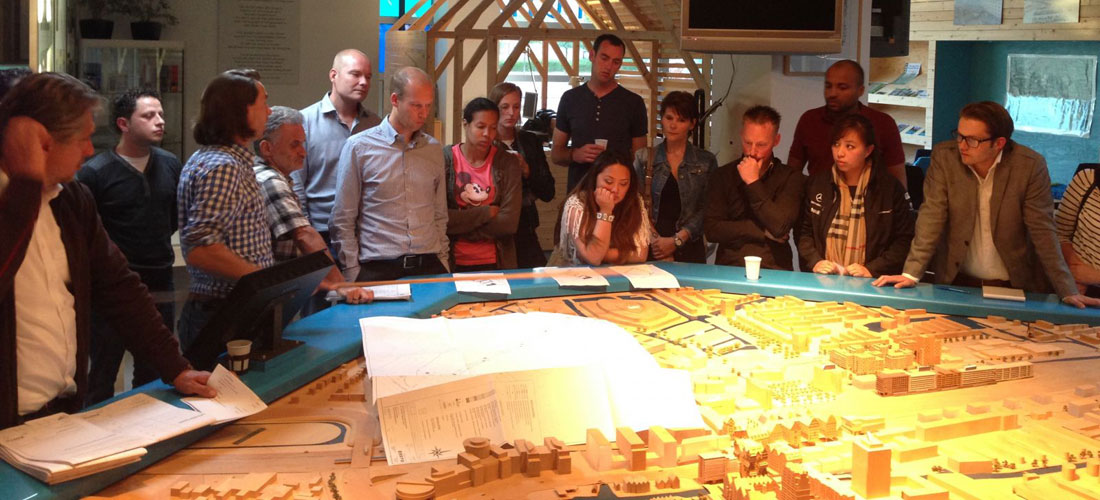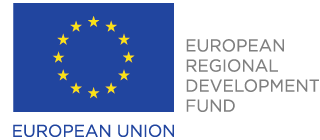Increasing stakeholder participation and social acceptance

Renewable energy projects often face scepticism and a "not in my backyard" attitude from the local community. For furthering the development of renewable energy production, it is crucial to get the population on board.
Who is a stakeholder?
There is a considerable variety of actors involved in and affected by the production and use of renewable energy sources, including:
- Public authorities responsible for renewable energy and spatial planning,
- Environmental organisations,
- Citizen groups,
- Investors,
- Energy producers,
- Other experts and researchers.
As a first step, BEA-APP will identify the key stakeholders, their function, interest profiles and roles in the decision-making process in all participating regions. Subsequently, the potential for interaction among the different stakeholders within the regional renewable energy value chain will be analysed.
Innovative forms of stakeholder involvement
Stakeholder involvement for renewable energy projects is obligatory. Minimum standards are mostly prescribed by law. Nevertheless, in practice social acceptance often remains low. To improve this situation, BEA-APP will collect good practice examples on stakeholder involvement used in regional development planning. We will analyse which methods are applicable for what type of renewable energy project. Furthermore, the methods will be adapted to fit the conditions of the participating BEA-APP regions as well as the context of concrete renewable energy projects. Finally, the BEA-APP practices will be compiled in a handbook on innovative modes of stakeholder involvement.
The stakeholder involvement methods will be tested in round table meetings in each BEA-APP region. During these events stakeholders will reflect on drivers and obstacles for increased production and use of renewable energy in the regions as well as suitable business models. Some of the round table meetings will be organised as part of the stakeholder involvement processes of the BEA-APP pilot cases. As a result, BEA-APP partners will draw up case specific stakeholder involvement plans for all participating regions. In addition, lessons learned on stakeholder involvement will be compiled on:
- Stakeholders’ perspectives on the pilot cases,
- The methodology of elaborating stakeholder involvement plans,
- Guidance of how stakeholders’ knowledge can be taken up in the planning process.
BEA-APP project sees the innovation in stakeholder involvement in two ways – by employing of new methods and approach and by using of convenient “old” methods to a new practice on a pathway to achieve a desired result. We have recognized the importance of taking additional steps beyond the formal stakeholder involvement procedures as requested by legislation. BEA-APP project partners have tested an innovative stakeholder involvement in their practical pilot activities. Communication with stakeholders has occurred already in early phase of planning – during the feasibility study – to prepare stakeholders for collaboration at later stages of the project implementation. More information from the cases is available here.
Innovative financing systems
Financing is a decisive factor. The possibility for municipalities and/or individual citizens to financially benefit from renewable energy projects is very likely to increase social acceptance. In a first step, BEA-APP will compile information on current financing models for renewable energy projects and existing investment barriers. Among those, innovative forms will be scrutinised for the possibility of municipalities and citizens to acquire ownership. Based on this, models for better interactions of innovative financing systems and spatial planning practices will be suggested.


